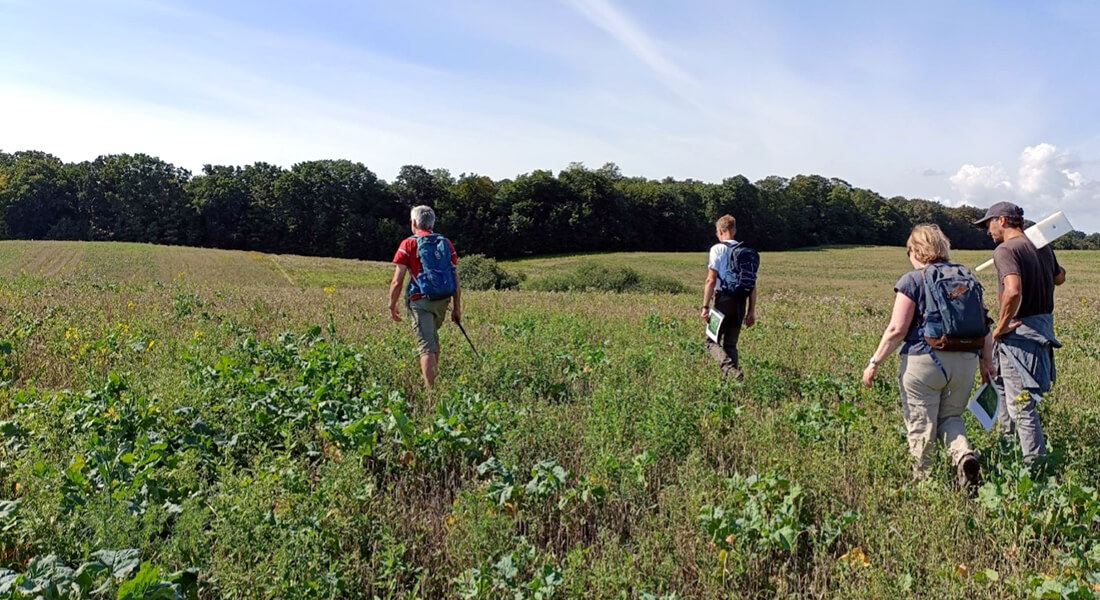Soil microbiome inoculation could enhance forest restoration on post-agricultural lands
Afforestation and forest restoration are important climate solutions that may be effective also against biodiversity loss in post-agricultural landscapes. However, establishing resilient and functional forests in these landscapes presents significant challenges due to legacy effects from previous land use, including altered soil microbiome, nutrients excess and dispersal limitations all of which may slow down ecosystem restoration.

In an opinion paper, researchers from the Silva Nova Project discuss the potential of soil microbiome inoculation as a tool to overcome the challenges posed by agricultural legacies. A soil inoculum consists of a mix of bacterial and fungal communities, forests plant seeds and soil fauna that once it is introduced in a post-agricultural landscape may be able to boost forest development towards a more resilient and diverse ecosystem.
About the paper
The opinion paper, published in Global Change Biology, was led by assistant professor Sofia I.F. Gomes of Leiden University. The work is part of the “Silva Nova Project- Restoring soil biology and soil functions to gain multiple benefits in new forests” funded by the Novo Nordisk Foundation (2021-2027). https://ign.ku.dk/english/silvanova/
Article: “Soil Microbiome Inoculation for Resilient and Multifunctional New Forests in Post-Agricultural Landscapes” https://onlinelibrary.wiley.com/doi/10.1111/gcb.70031
